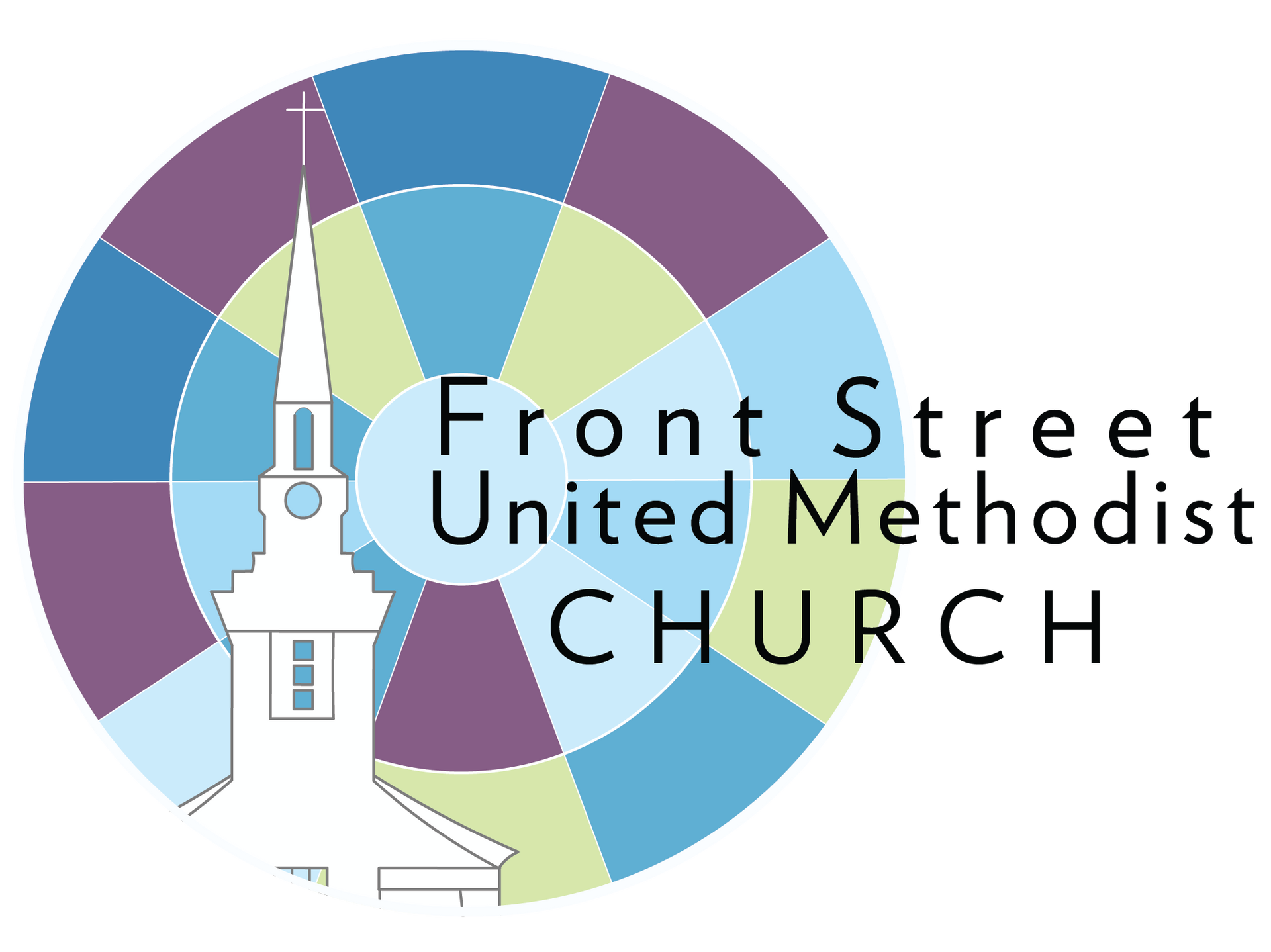Forsaken?
Read Matthew 27:33-49
“From noon on, darkness came over the whole land until three in the afternoon. And about three o’clock, Jesus cried with a loud voice, ‘My God, my God, why have you forsaken me?"
Of everything that Jesus voices from the cross, this question shatters our illusions that Jesus can save us by any other way than his suffering, rejection, and death. His cry isn’t the request for forgiveness or the promise of paradise and community; this is horror. Jesus the Christ, “God from God, Light from Light, True God from True God,” is abandoned on the cross. Jeered by passersby, abused by Roman soldiers, mocked by religious leaders, and deserted by his disciples, Jesus has already been abandoned by the world. Now, the union Christ has always shared with the Father seems to break down between Gethsemane and Golgotha. The cup Jesus prayed to pass has not, and at the cross, God is silent. Jewish philosopher Martin Buber called this the eclipse of God. How can this be?
Colossians tells us that Jesus is the “image of the invisible God,” that when we behold Jesus we see the fullness of God. So, if the image we have is a man rejected, betrayed, abandoned, crucified, and tortured to death in order to reconcile us to God, then we have to believe that God suffers, or else, how is this the image of God? A naked, battered man hanging from a cross is just not a natural image of God, and certainly not one we’d choose. Yet, Jesus’s cry reminds us that only a suffering God can save. Indeed, the image of a suffering God is offensive to a world that’s desperate to deny death and avoid suffering altogether.
Here’s where it’s helpful to remember that, although Jesus’s words are disturbing to the ear, they’re also an ancient prayer of Israel’s worship. Psalm 22 begins with these words, “My God, my God, why have you forsaken me? Why are you so far from helping me, from the words of my groaning?” Jesus prays the prayers of Israel— his people—while he is being ridiculed and killed because Israel has known what it means to be godforsaken, only, they have forgotten. Many of the Jewish people mocking him would recognize his words immediately. It would be like someone singing, “Amazing Grace, how sweet the sound,” among a group of Christians. Everyone would know that the line finishes with, “that saved a wretch like me.”
Once you’ve suffered, you need a God who suffers with you in order to love and to trust God. We’ve all suffered in some way, whether it’s the death of a loved one, divorce, betrayal, the consequences of sin, homelessness, mockery, loneliness, tragic deaths. It’s all true to the human experience. Even large-scale suffering like racism, genocide, and terrorism are evils confirming the forsakenness that sin produces in the world. This word from the cross is a word that trusts God even when we can’t answer the “why” and the “how” of suffering and how it will be made right. On the cross, the image of God suffers and trusts as all this evil is laid upon him.
“My God, my God, why have you forsaken me?” means God refuses to let our sin determine our relationship with God. God hates that which alienates us from him, and so Jesus’s “Why?” carries him to the outermost limit of what sin produces—hell. On the cross, we are remembered and redeemed because God will not have us lost to sin and death; because we belong to God; because life, and not death, will have the last word. It has been said that Good Friday is the most complete and most profound expression of Christ’s fellowship with every human being. In his agony, Jesus cries these words aloud so that they may never be our last words, and that is good news.
- Pastor Patrick











